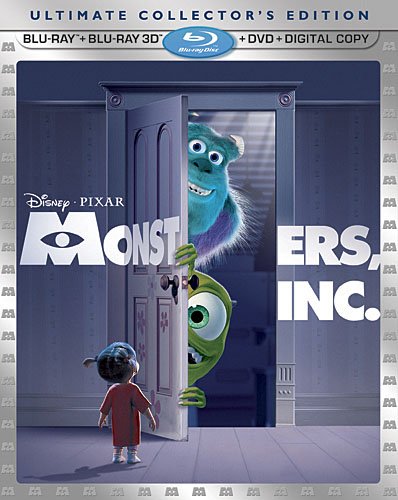
Tai Chi Zero [Blu-ray] Overview
In legendary Chen Village, everyone is a martial arts master, using their powerful Chen Style Tai Chi in all aspects of their lives. Lu Chan has arrived to train, but the villagers are forbidden to teach Chen Style to outsiders, and do their best to discourage him by challenging him to a series of fights. Everyone, from strong men to young children, defeats him using their Tai Chi moves.
But when a man from the village s past returns with a frightening steam-powered machine and plans to build a railroad through the village at any costs, the villagers realize they may have no choice but to put their faith in Ly Chan... who has a secret power of his own.
English Dub
English Subtitles
Tai Chi Zero [Blu-ray] Specifications
Actor-turned-director Stephen Fung's
Tai Chi Zero is a frenetic, genre-bending martial arts fantasy that tips its hat to Chinese action cinema of the past while taking a radical approach to its future via a torrent of references to video games, animation, American movies, and other pop culture ephemera. Olympic wushu champion Yuan Xiaochao is top-billed as Lu Chan, an impulsive kung fu prodigy who's loosely (make that very loosely) based on real-life tai chi teacher Yang Luchan. The movie's Lu Chan also sports a horn on his skull that, when pressed, substantially boosts his powers but also drains his energy (shown on-screen as a diminishing, Xbox-like icon). To control his talents and save his life, Lu Chan travels to the Chen village, where the inhabitants have mastered the art of tai chi. There, he is faced with not only the locals' reluctance to share their secrets, but a former resident (Eddie Peng) who threatens to bulldoze the village with a monstrous, steampunk-influenced machine to make way for the railroad and the 20th century. Lu Chan's fight to save the town is depicted in a meta-flurry of information à la Edgar Wright's
Scott Pilgrim vs. the World: actors and their characters, as well as various fighting styles, are introduced by pop-up-styled titles, while the combat itself unfolds via rapid-eye editing and camera angles. Stylistic references to silent film, European westerns, and anime are also woven liberally throughout the picture, but the manic pace and deluge of visual information obscures not only the martial arts choreography by Hong Kong legend Sammo Hung, but also more affectionate touches like cameos by kung fu veterans Bruce Leung and Xiong Xin-Xin and
Infernal Affairs director Andrew Lau.
Tai Chi Zero's attention deficit disorder aesthetic even extends to its basic structure, with the picture ending abruptly, rewinding, and then previewing Fung's 3-D follow-up,
Tai Chi Hero. Longtime Asian-action fans may find this much media overload ado over nothing, though the film's extraordinary popularity abroad indicates that its approach has found favor with newer audiences.
--Paul Gaita
Related Products








